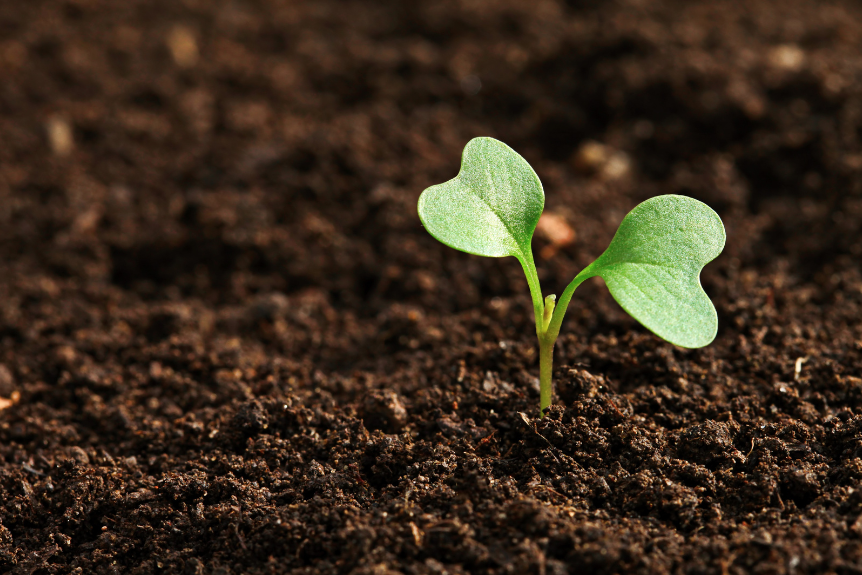Early in my adult life I trained myself to consider or understand or assume that when people do mean or inconsiderate things, it most often shows us their deep unhappiness within, rather than just a leaning toward cruelty or meanness.
I believe deep in my heart that a lack of love is at the root of almost every problem. A lack of love causes people to become angry or sad or depressed. People are all basically lovable, but they develop defensive strategies in an attempt to protect themselves. People will always try to defend themselves, whether it be against real or imagined threats. Often threats are real as we are growing up, so we habitualize this defensiveness, and carry it forward into the rest of our lives. We defend ourselves from the people we live with, to the people in customer service, to other drivers on the road. Unhappy people become accustomed to fighting, always trying to prove to the world and themselves that they are, in fact, lovable.
So, when somebody upsets me, I try to remind myself, that while I do deserve to be treated well, that person might benefit from the smallest act of kindness. It will likely take a thousand small acts of kindness to counteract what this person has learned over their lifetime, so I don’t necessarily need to stick around. But I can make a positive contribution to their lives, rather than confirm to them what they already believe – which is often some version of not being loved or not being enough.
[Note that most very angry or irritable people haven’t even yet identified that they have these feelings of being bad – they are deeply buried. Some people really and truly do seem just simply mean – I still contend that at the core is a deep sadness of not feeling good enough. Some people also really are dangerous – the root is lack of love, almost certainly, but you definitely don’t want to keep those people around.]
Sometimes it’s even simpler than that – sometimes people are just having a bad day, perhaps just received some bad news or they are worried about a health problem or had a fight with their friend. We can forgive these outbursts in others – to some degree, they are normal and natural. This translates into not flipping off somebody on the highway that has cut us off. This also translates into reacting with kindness when somebody is rude to you in a store or even when a friend does something flippant or rude. You never know when a single act of kindness will be the trigger that changes everything for someone.
One of my favorite examples of the power of kindness to transform can be seen in Les Miserables. Jean Valjean has been set free from prison, and is on parole. He goes out into the world, and is treated poorly at every turn – people are scared of him – he is marked as a criminal. As he continues to be cast out and ridiculed, his deep unhappiness hardens him even further. A nice bishop offers him a place to stay at a convent, and he is distrustful, so he steals a bunch of silver and tries to run away in the middle of the night. He is desperate and scared and angry. All of this makes sense – he has been wrongly imprisoned for many years, and now that he is out, he is being labeled and disdained for his status. What makes the difference is the bishop’s kindness. When he inevitably gets caught with the silver, he is brought back to the convent – he faces re-imprisonment and a life of misery. The bishop tells the authorities that the silver was, in fact, a gift. The bishop has the authorities let him go. A monumental, life-changing act of kindness, but at that moment, Valjean has a choice to make – will he go forward into the light or will he continue to trash and fight and lead a life of crime? (Now he has to change his identity in order or not be a perpetual outcast in his life. This also speaks to the problem of judgment in the world – and being fearful of people you do not know based on assumptions you make about them without actually knowing their story.). Ultimately Valjean makes the choice for light, and he never forgets that act of kindness. He even carries that kindness forward in his own life.
Just keep in mind that kindness begets kindness, and rudeness begets rudeness. When you can show a bit of kindness to someone, even people who appear to be awful, know that that kindness will be well-placed.



